In 1978, Peter Baumann had left TANGERINE DREAM and pondering his next move.
He had released his first solo album ‘Romance 76’ while still a member of TANGERINE DREAM but in 1977, electronic music had changed when Donna Summer’s ‘I Feel Love’ produced by Giorgio Moroder pointed towards the future. Baumann had his new Berlin-based Paragon Studio to maintain while his next solo album ‘Trans Harmonic Nights’ was still a year off, so needed to earn some money quickly.
Inspired by ‘I Feel Love’, he hit upon the idea of doing a disco flavoured electronic record with an alluring female voice that had commercial promise. His musical collaborator in the project would be ethnomusicologist Hans Brandeis while providing the vocals was a mysterious Italian girl. While Leda has often assumed to be her name, this was never confirmed.
With his customised Project Elektronik modular system used during the shows featured on TANGERINE DREAM’s ‘Encore’ live album, Baumann came up with eight electronically-based sequenced songs and one instrumental for ‘Welcome To Joyland’.
The opening sequencer laden ‘Welcome To Joyland’ title song made a fine statement of intent with the vocals coming over very natural and complimentary to the sparkling electro Weimar cabaret aesthetic. With an archetypical TANGERINE DREAM styled bassline, ‘Endless Race’ took an icy journey of its own thanks to angelic vocals as if calling from the Alps as synthesized gulls boosted the atmospheric effect.
Further arpeggiated sparkles came from ‘White Clouds’ although the drumming put it into prog territory while the vocals were wispier and more child-like. The brilliantly cosmic ‘Movin’ On’ sat on a steady 3/4 time signature and the vocals even got soulful while the freeform synth solo provided by Baumann was a total delight.
Beginning in a much more discordant fashion, ‘City Of Light’ throbbed like Moroder although pointing more to his MUNICH MACHINE work with Chris Bennett rather than Donna Summer, but its Sci-Fi resonances were spoilt slightly by the recorded distortion. With pipey textures and minimal synthbass, ‘Space Ride’ offered an instrumental interlude in the vein of Baumann’s first solo record ‘Romance ‘76’. However, veering towards synthesized folk music, ‘Caroussel’ was something of an odd outlier and even brought flutes in!
In acknowledgement of ‘I Feel Love’ which had been signalling the future of pop, the mighty ‘Future’ completely aped it with enticing combination of throbbing electronics, cosmic solos and high pitched vocals. Closing with the mystical prog waltz of Stardust’, ABBA-like vocal phrasing was adopted although the backdrop of white noise waves indicated this was anything but the Swedes. Oddly though, this track had stylistic similarities to ‘Bent Cold Sidewalk’ from his former band’s long playing vocal experiment ‘Cyclone’ also released in 1978.
Clocking in at just under 34 minutes, ‘Welcome To Joyland’ was an accessible and melodic work with disco flirtations and sweet vocals but despite this, there was an esoteric quality about the majority of the songs and with a number of strong highlights, this was a far better and more appealing record than TANGERINE DREAM’s ‘Cyclone’.
But with misgivings about its perceived commercial nature, Peter Baumann took on the alias of Hacoon Mail while Hans Brandeis used the Franco pseudonym Cyril Claud for the ‘Welcome To Joyland’ credits and its release on the European multi-national label Metronome was accompanied by virtually non-existent promotion to retain a mystery and stimulate the press curiosity… however, the strategy backfired and the album flopped.
Baumann went back to making the instrumental music that he made his name with on 1979’s ‘Trans Harmonic Nights’, but he introduced a vocalised aesthetic albeit using vocoder as Moroder had done on his acclaimed Giorgio electronic albums.
‘Welcome To Joyland’ remains something of a curio in the Peter Baumann portfolio, but it is a pointer to the pop song based direction he launched on the 1981 Robert Palmer produced ‘Repeat Repeat’. It proved to be an even bigger surprise to TANGERING DREAM fans but that is another story…
‘Welcome To Joyland’ is available via Private Records on most online platforms
Text by Chi Ming Lai
8 June 2024

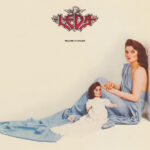
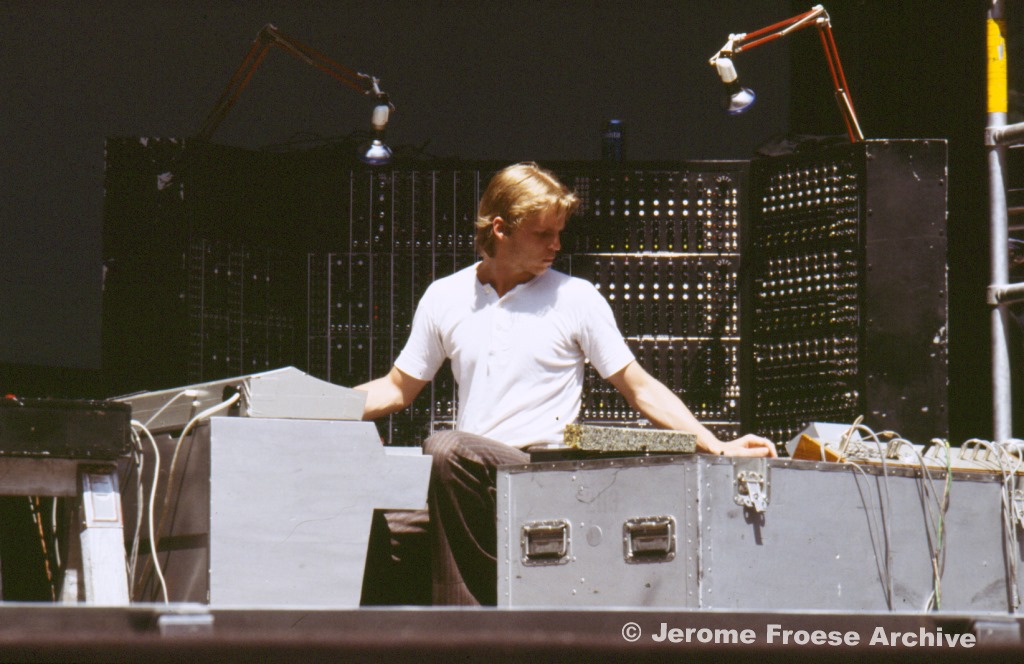
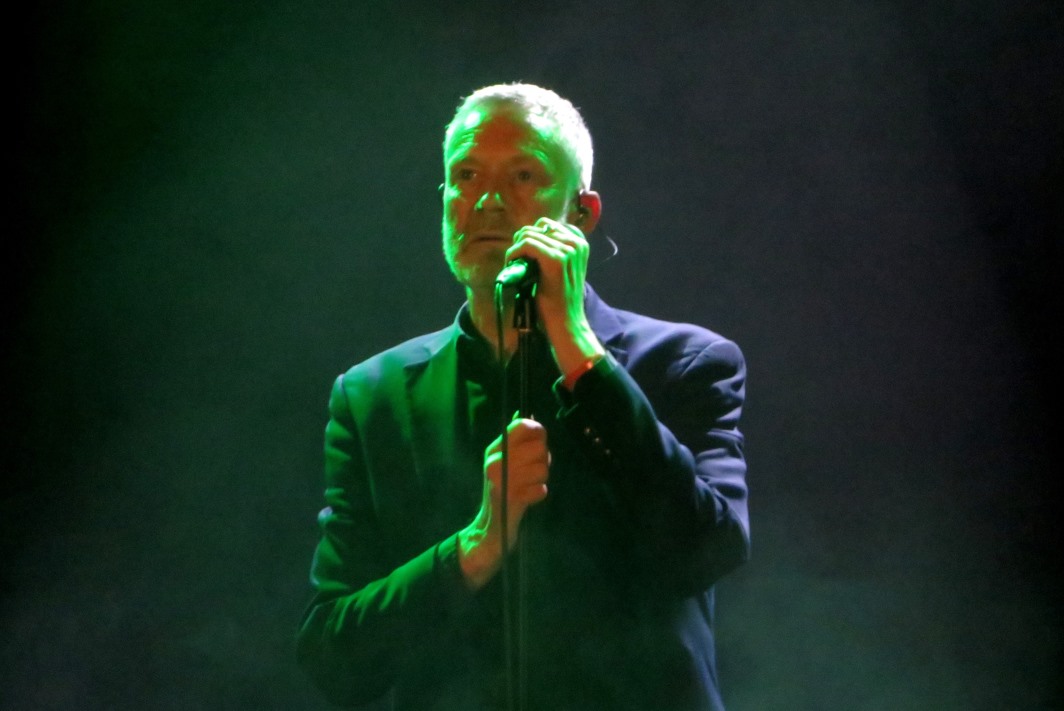
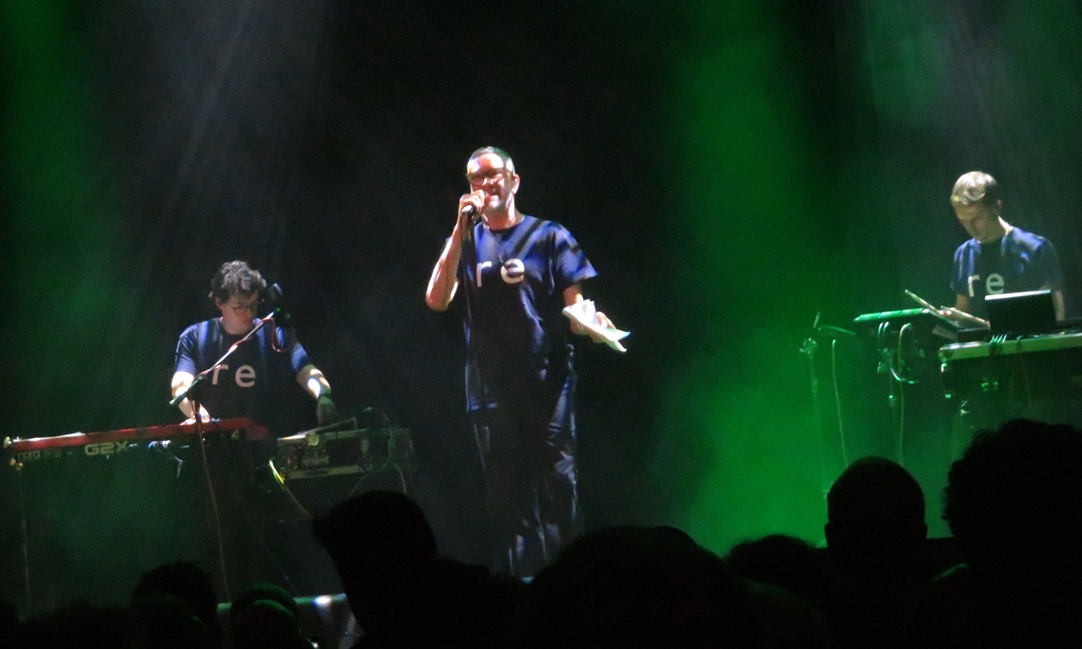
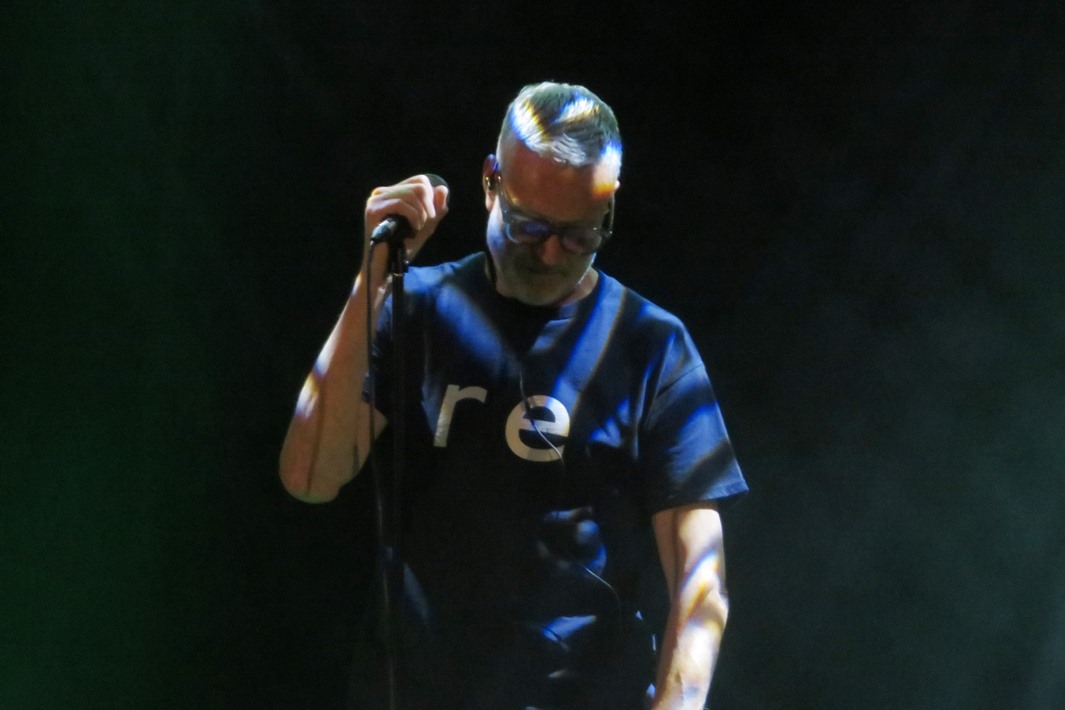
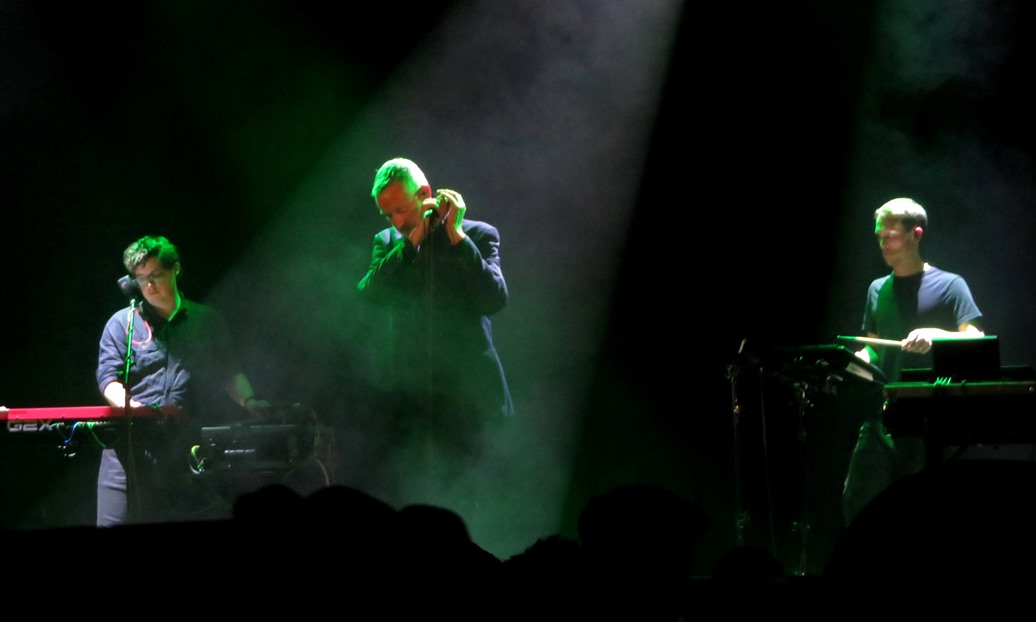
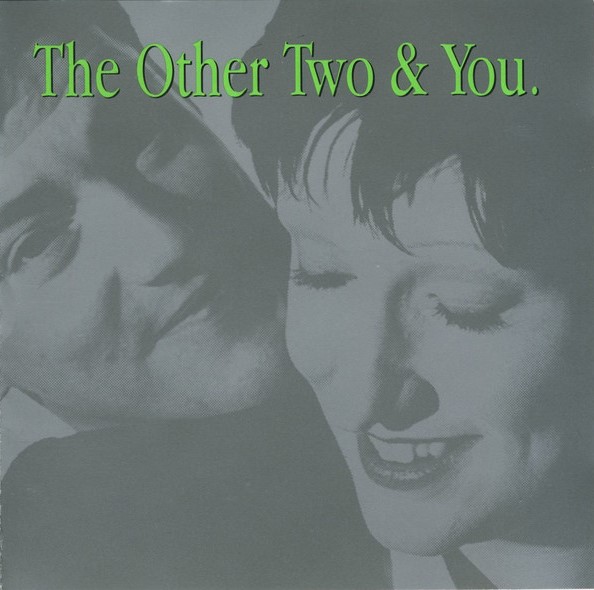
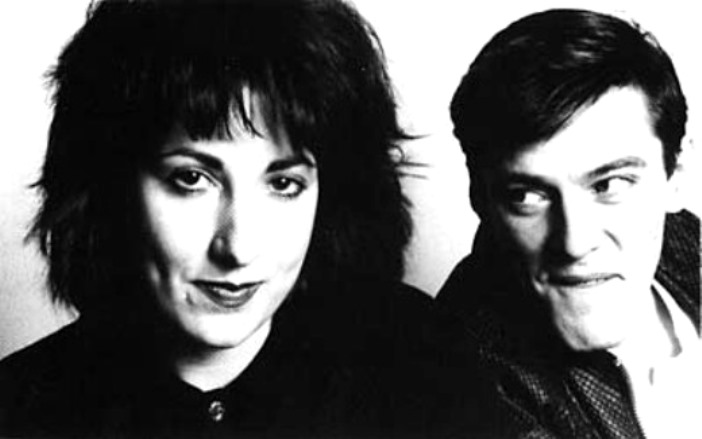
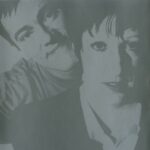
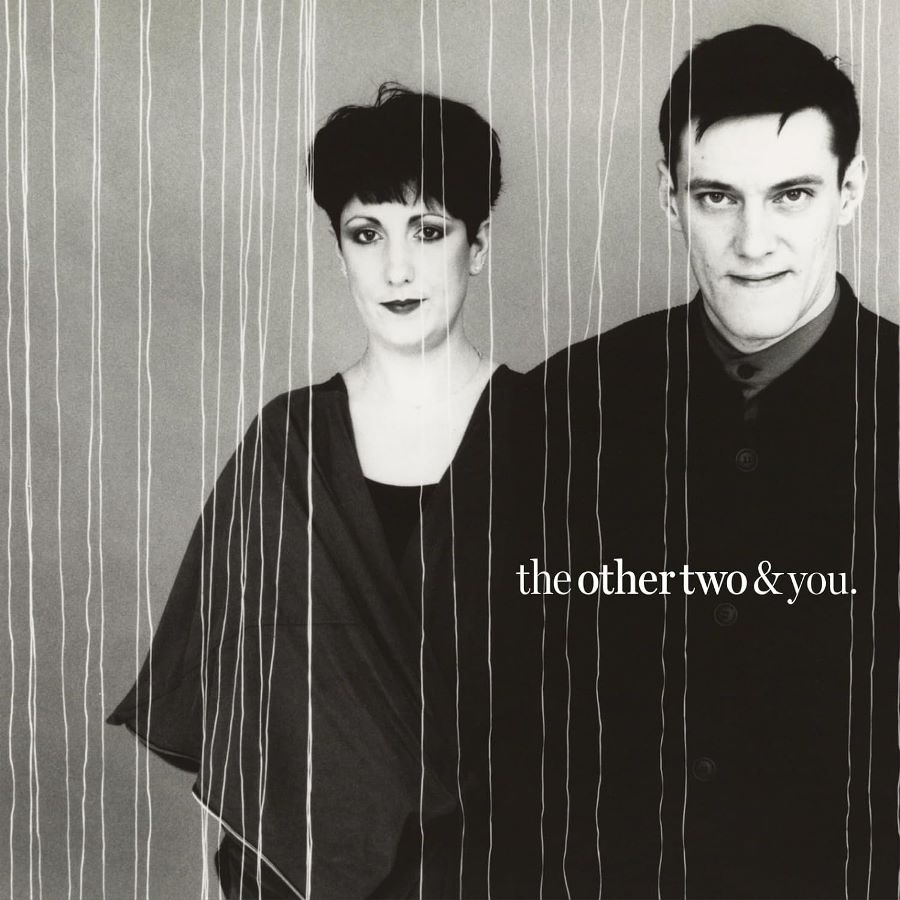
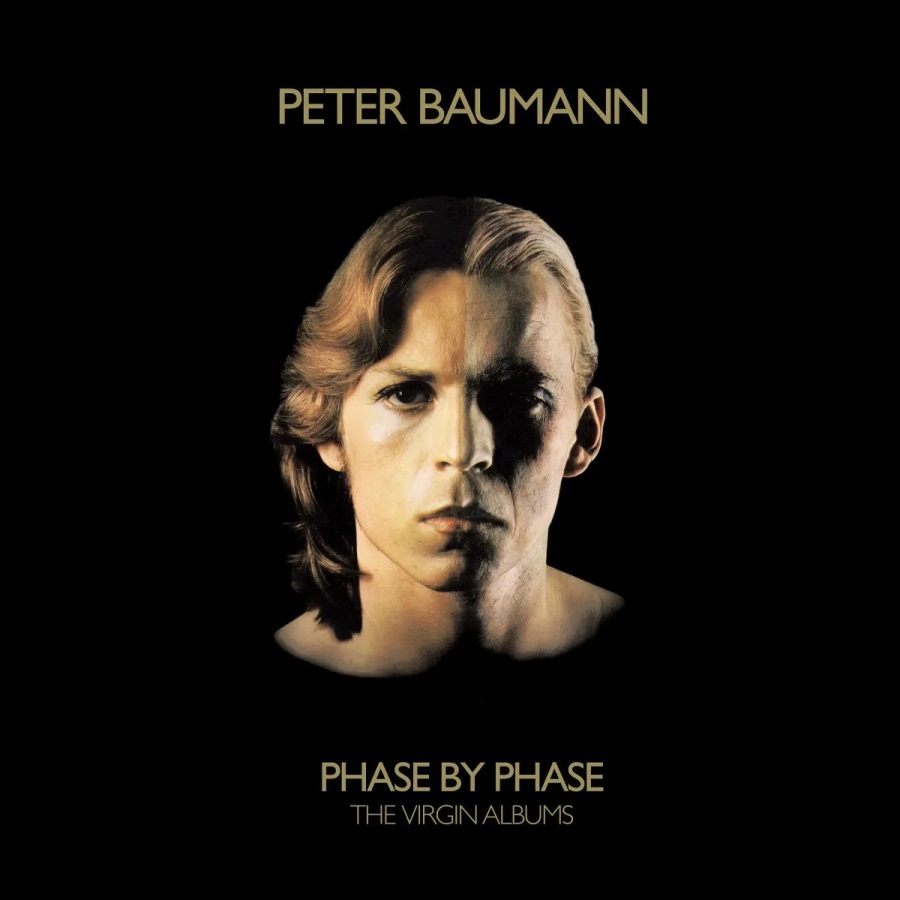
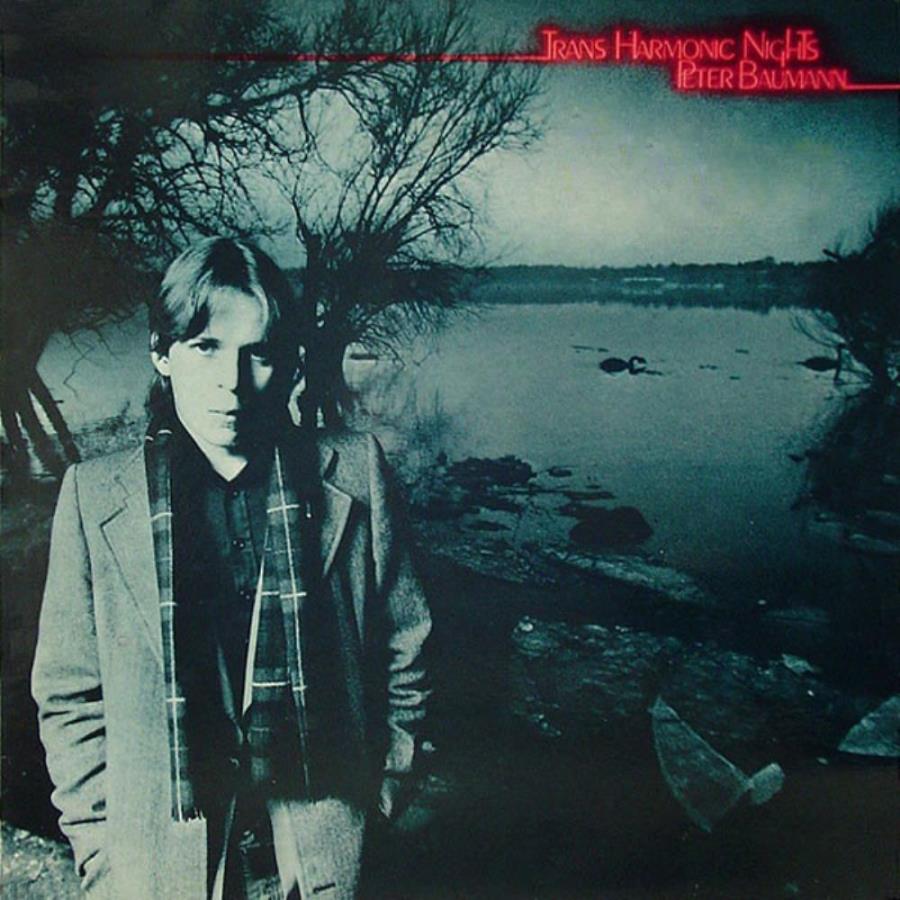
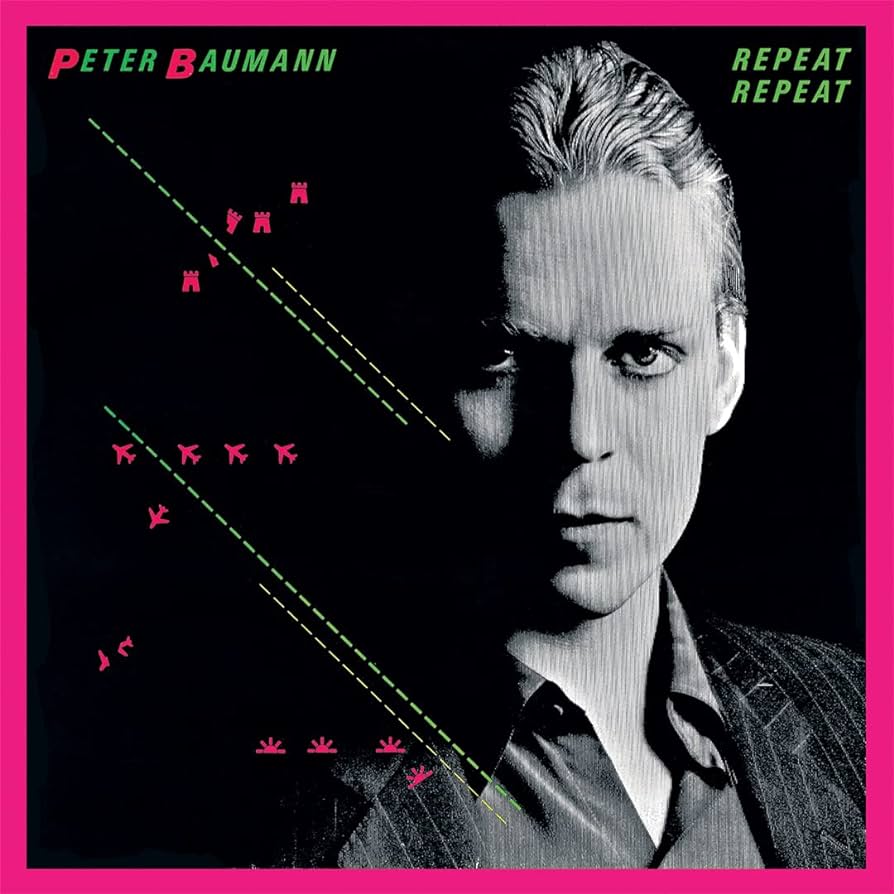
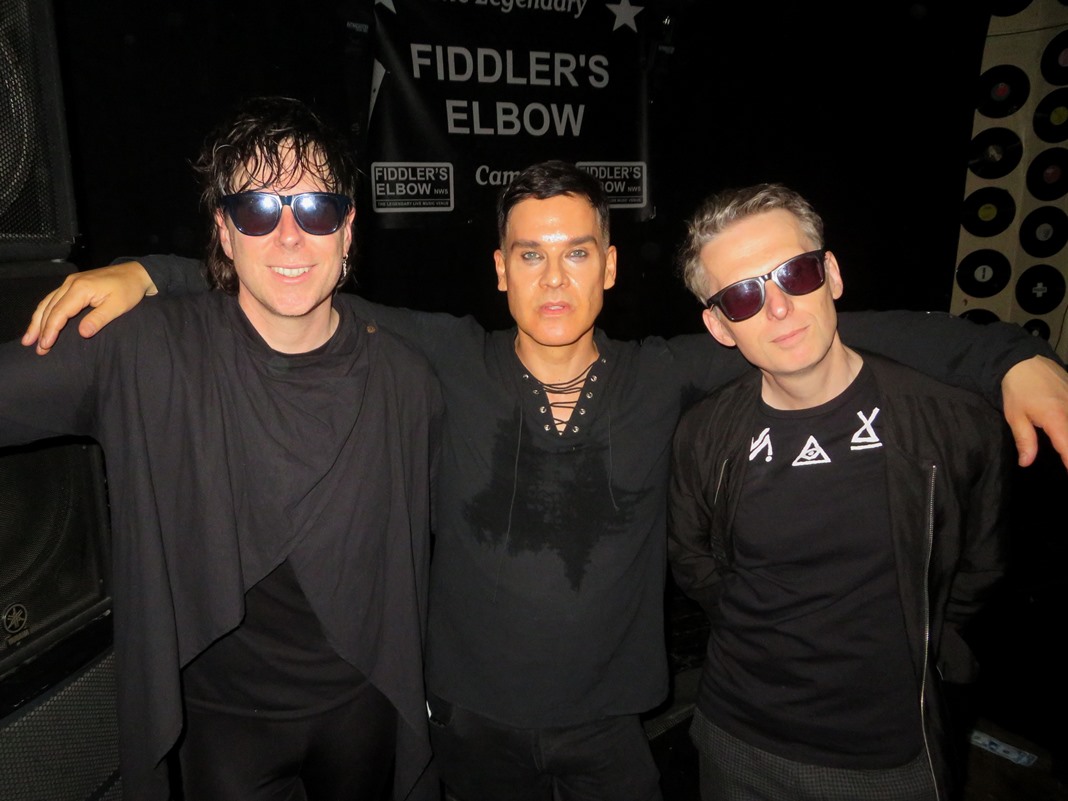
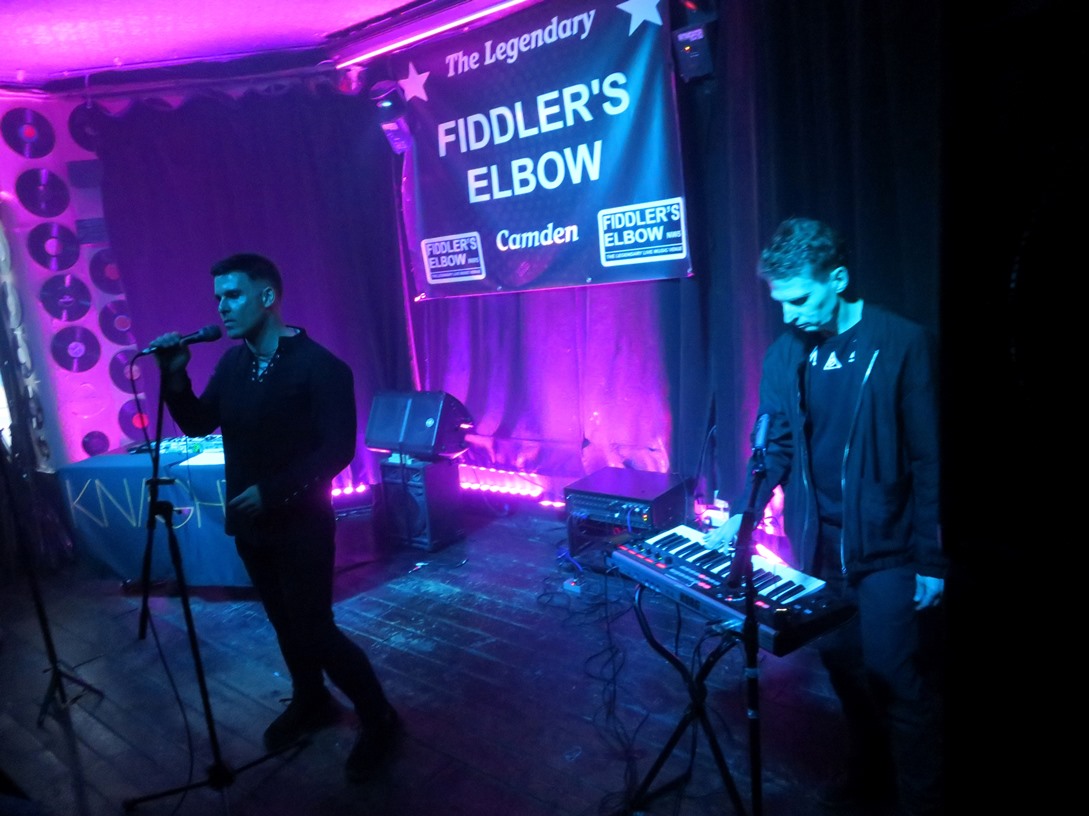
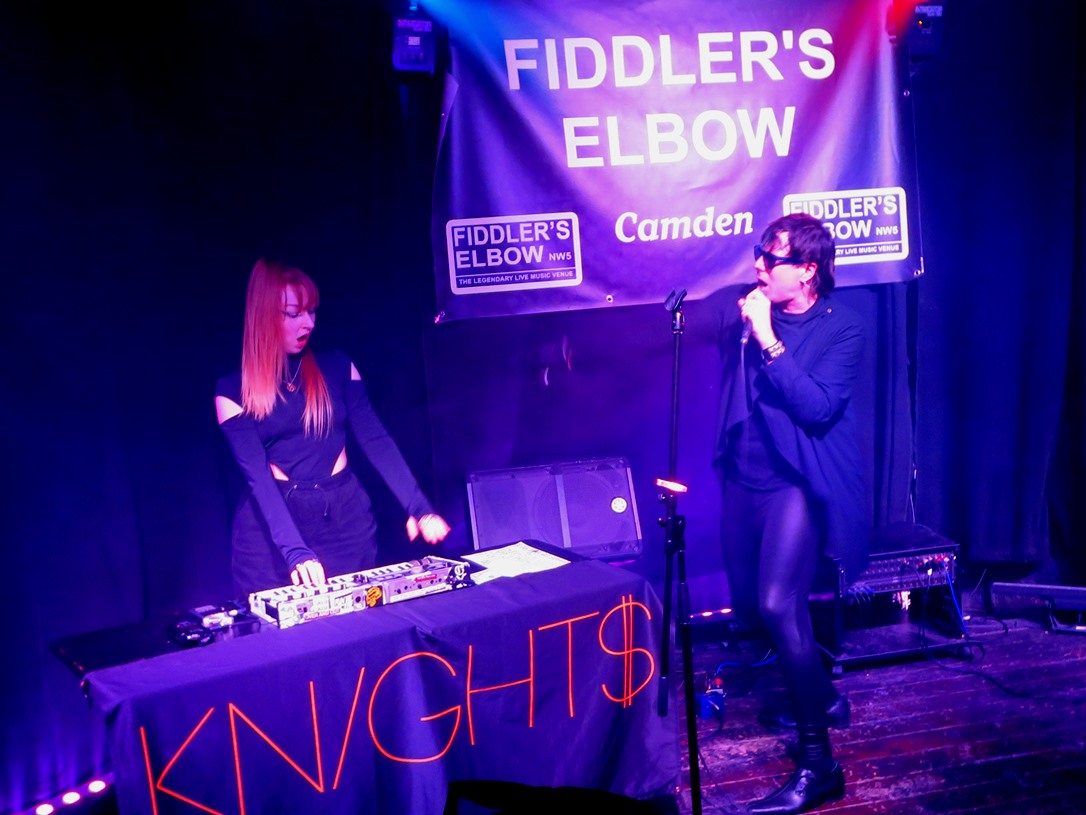
Follow Us!